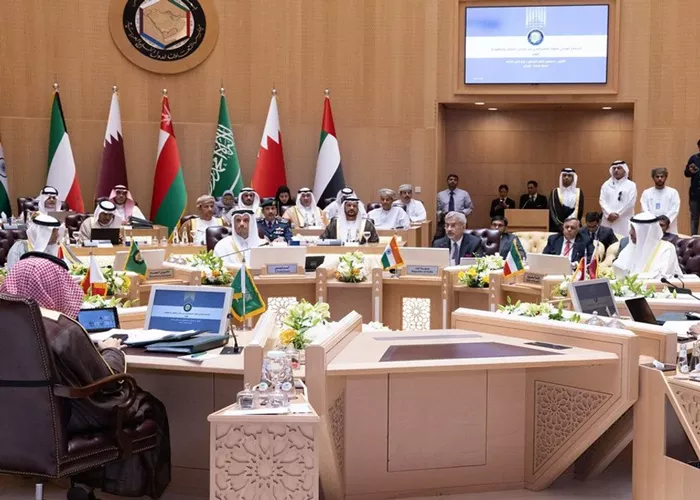Sustainable finance is shifting from a niche concept to a critical economic driver in the Gulf Cooperation Council (GCC), reshaping the region’s growth and social transformation. As part of global efforts like the Paris Agreement and the UN Sustainable Development Goals, GCC nations are increasingly prioritizing environmental and social accountability in their financial sectors.
According to Shargiil Bashir, EVP and Group CSO at First Abu Dhabi Bank (FAB), sustainable finance is now “a mainstream imperative,” driving the mobilization of capital for a low-carbon economy and greater revenue diversification.
Rise of Renewable Energy Initiatives
Renewable energy projects are at the heart of the GCC’s sustainable finance efforts. The UAE has set a goal to achieve nearly 28% clean energy output by 2023, while Saudi Arabia is pushing for an annual capacity of 20 gigawatts by 2024. These projects aim to reduce carbon emissions while promoting economic diversification.
In 2023, Masdar, a UAE renewable energy leader, issued a $1 billion green bond to fund sustainable initiatives, highlighting the region’s growing commitment to renewable energy. Other areas such as energy-efficient infrastructure and water management are also seeing investments. Saudi Arabia, for example, is spearheading over 2,000 green building projects, while the UAE has introduced compulsory green building regulations to reduce energy consumption and enhance infrastructure resilience.
Water scarcity is another critical issue in the GCC, prompting investments in desalination and recycling technologies to support sustainability and safeguard long-term economic stability.
Barriers to Scaling Sustainable Finance
Despite progress, several challenges remain in scaling sustainable finance across the region. Regulatory inconsistencies and the lack of standardized Environmental, Social, and Governance (ESG) metrics create obstacles for investors seeking transparent, comparable data. According to KPMG, 65% of investment professionals identify data availability as a major issue, limiting informed decision-making.
Additionally, a skills gap in transition finance—the sector supporting the shift from high to low-carbon activities—reveals the need for substantial investment in training and capacity building across the financial sector.
Unlocking Economic and Social Opportunities
Sustainable finance offers significant economic potential. KPMG forecasts that investments in sustainable infrastructure and renewable energy could add over $2 trillion to the GCC’s GDP by 2030. These investments are also expected to create over one million green jobs, further diversifying the economy and boosting employment. Young people are poised to play a pivotal role in driving this transformation, especially in industries like renewable energy, the circular economy, and sustainable agriculture.
However, small and medium-sized enterprises (SMEs) face challenges in accessing sustainable finance, often due to limited credit histories and scarce collateral. Governments and financial institutions are addressing these barriers with initiatives like green credit guarantees and sustainability-linked loans to ensure an inclusive green transition.
Forward-Looking Strategies from KPMG and FAB
To expedite sustainable finance adoption, KPMG and FAB propose several strategies. A unified GCC-wide sustainable investment taxonomy is crucial for consistent impact assessments and reinforcing investor trust. Additionally, policy incentives such as tax breaks for green projects and prioritizing ESG training in the financial sector are key to driving private-sector participation and building capacity.
The UAE is leading the charge by integrating ESG principles within its national agenda, setting an example for other GCC nations to follow.
Related topics:
- India Surpasses China in Gold Purchases, Buying 51% More in Three Months
- Gold Rates Skyrocket in Chennai on Diwali, 24K Gold Exceeds Rs. 81,000 Per 10 Grams
- Gold and Silver Prices Rise Across India on January 13, 2025


